
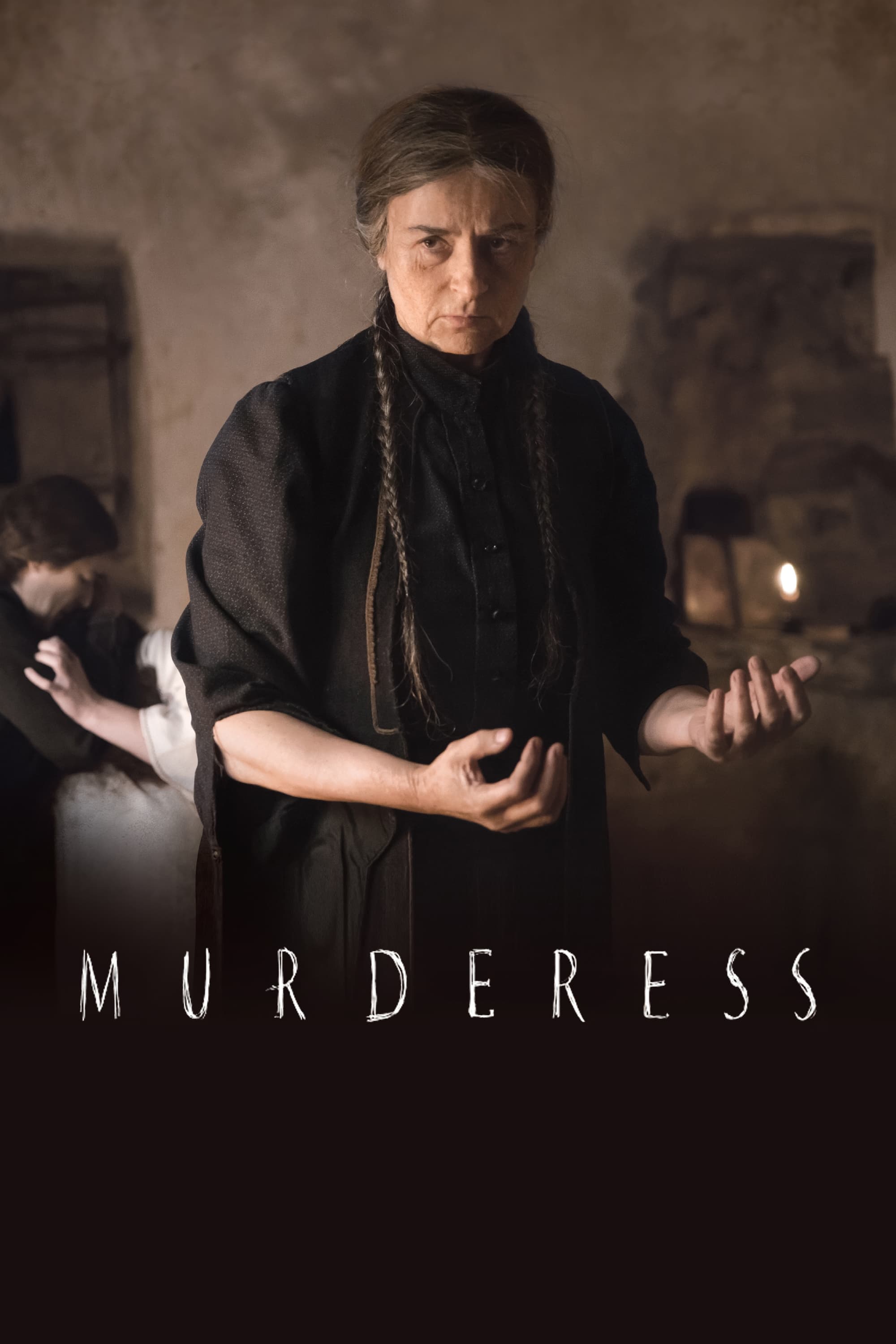
It is the early 20th century on a dystopian Greek island. Hadoula, a widow who lost her husband, loannis Fragkos, at a young age, is a woman who has learned how to survive in a male-dominated and extremely patriarchal society. Hadoula carries a difficult burden within her. Like a baton passed on to her from her mother, and the generations before her, she is meant to accept the belittling and degradation of women. Hadoula reacts. Her personal, internal revolution soon comes forth. The victims of her outburst are the little girls of the island, whom she sets free from the social and economic burden that their existence entails by taking their lives. Her actions will bring her face to face with the law. She leaves her home and escapes to her refuge, nature. But as much as her faith and morals dictate that she did the right thing, her trans-generational trauma follows her everywhere. And the end comes as redemption.
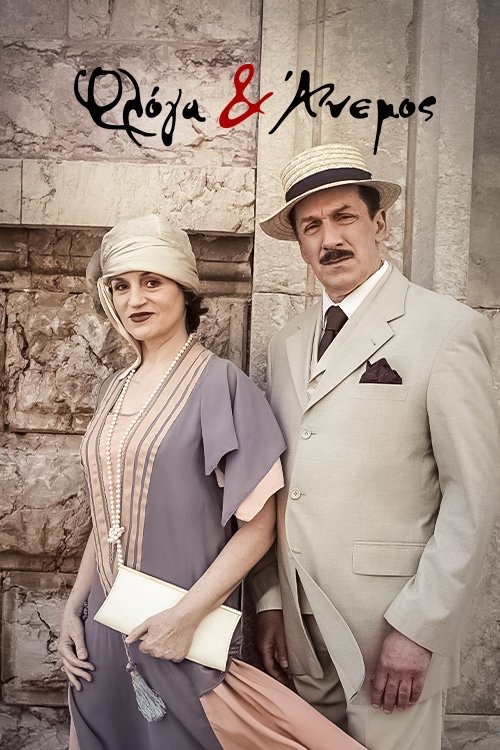
In 1968, Georgios Papandreou is having an operation in a central hospital in Athens. Kyveli, separated for years from the great love of her life, goes to see him. How did these two eminent figures of Greek history come together? One in politics, one in theater? It all begins a long time ago...
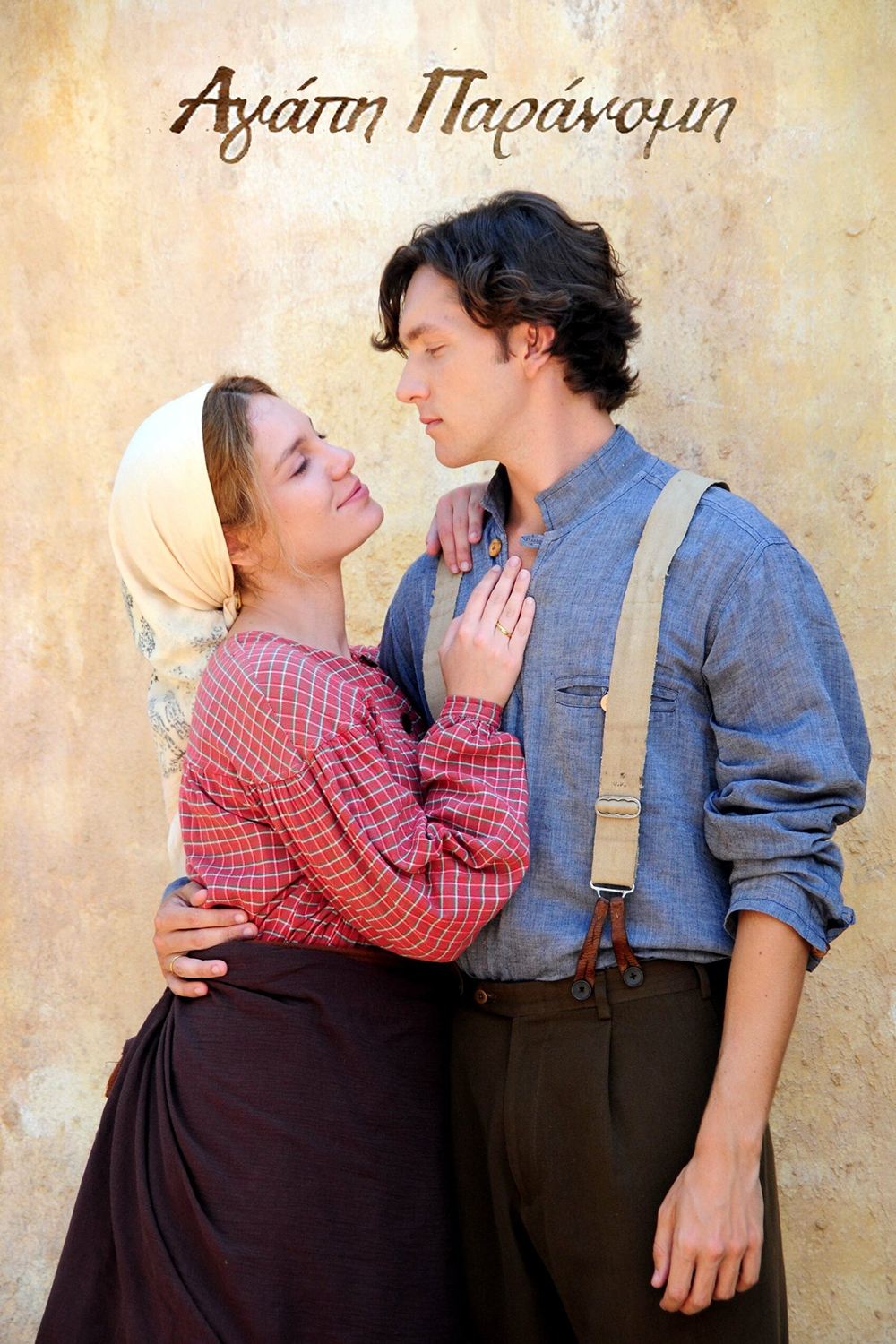
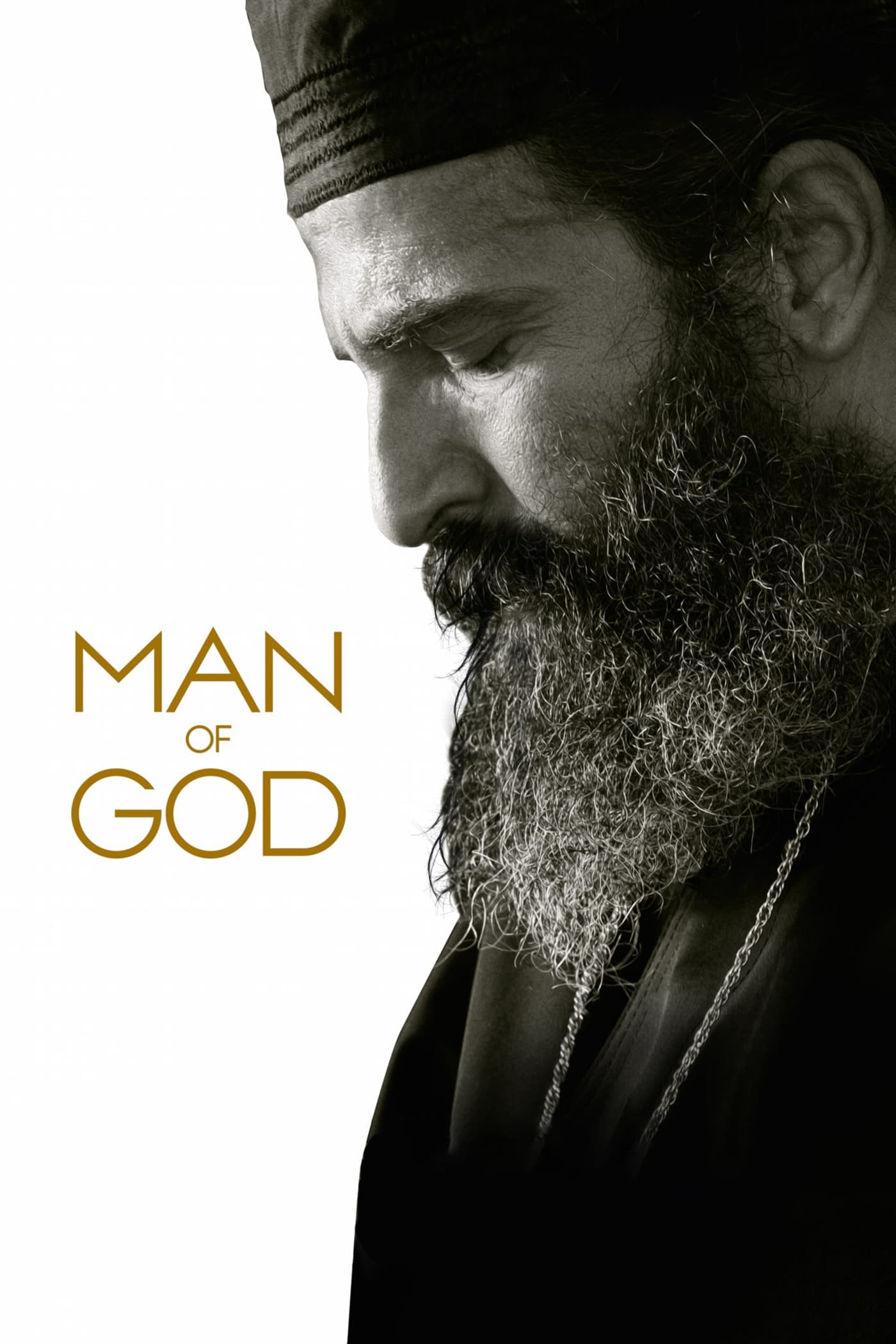
Exiled unjustly, convicted without trial, slandered without cause. Man of God depicts the trials and tribulations of Saint Nektarios of Aegina, as he bears the unjust hatred of his enemies while preaching the Word of God.
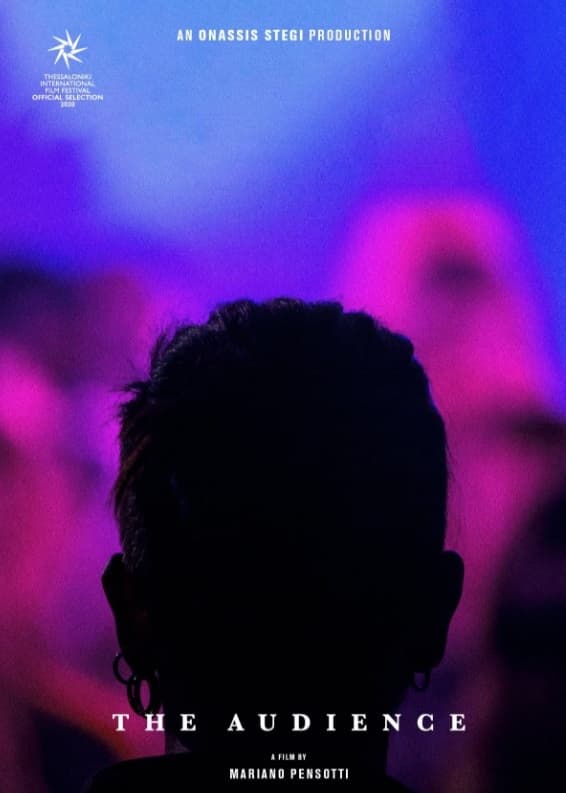
The performance is over, the actors step off the stage, the audience leaves the theater. However,in this case, the end marks the beginning. Eleven spectators star in their own tales, intertwined in a collage crafted by life itself. Restaurant and movie theater owners, immigrants and tourists, regulars and passers-by interact with the urban entourage and the people they come across, weaving a mosaic of endless possibilities.
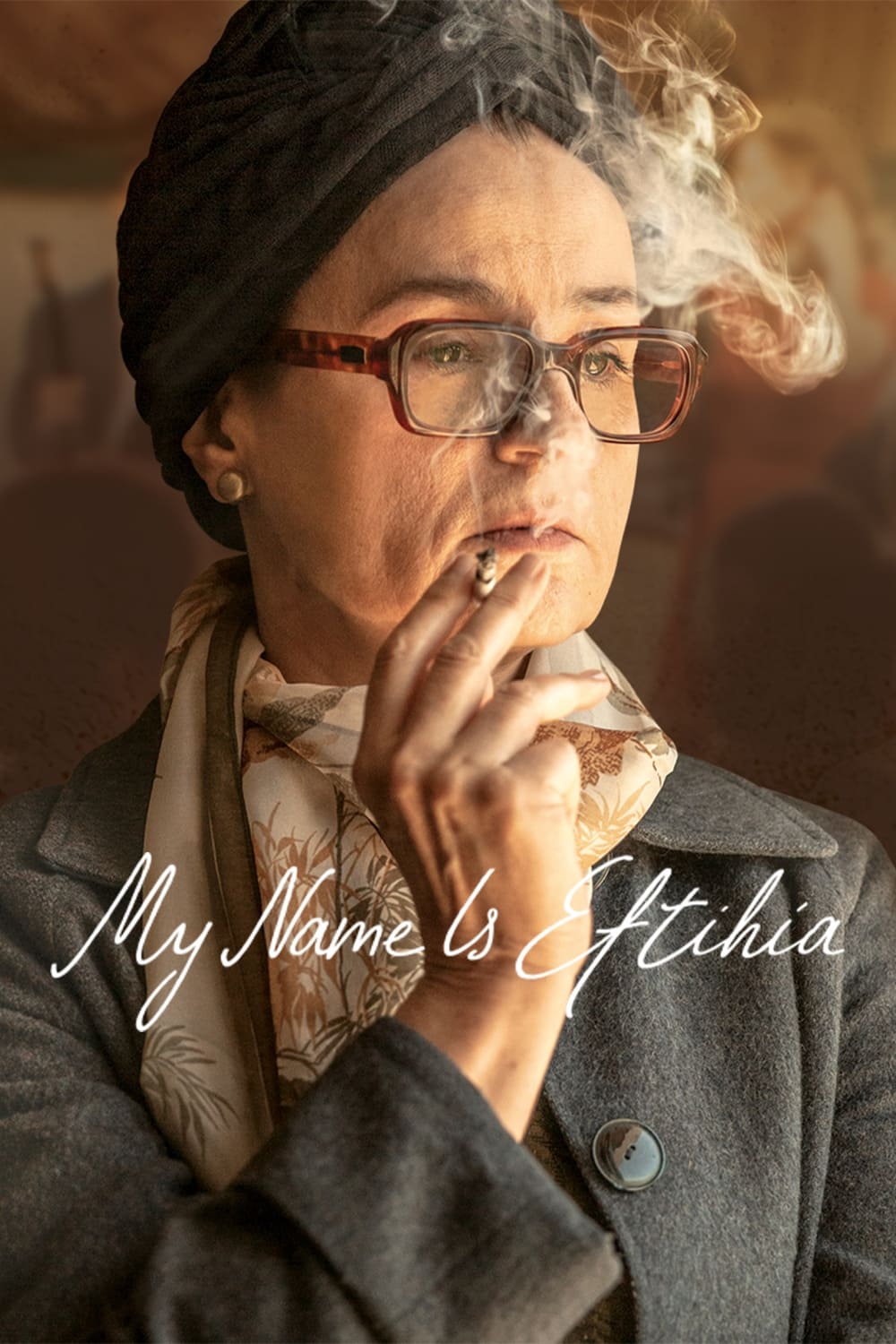
A young girl, recently married, is traveling from Aidini to Greece with her mother and her two daughters. On board the ship she decides not to let life pass her by, but to live her own way. And she goes ahead! She writes endlessly wherever she can, on napkins and cigarette boxes, to bills. She smokes, she passionately falls in love, casually gambles in luxurious salons, but also in illegal basements. A teacher who becomes an actress and plays in streets and in theaters, a poet who becomes the greatest Greek folk songwriter. She collaborates with all the famous music personalities of the country, from Vassilis Tsitsanis and Apostolos Kaldaras to Manolis Ηiotis, Antonis Repanis and Manos Hadjidakis, bravely asserting herself to a cruel and typically male-dominated world.
Karyofyllia Karabeti (Doxa Didymoteicho, July 5, 1958) is a Greek television, theater and film actress. She was born in Doxa Evros. He is a graduate of the Drama School of the State Theater of Northern Greece. She began her career in the early 1980s and has worked in theater as well as film and television.